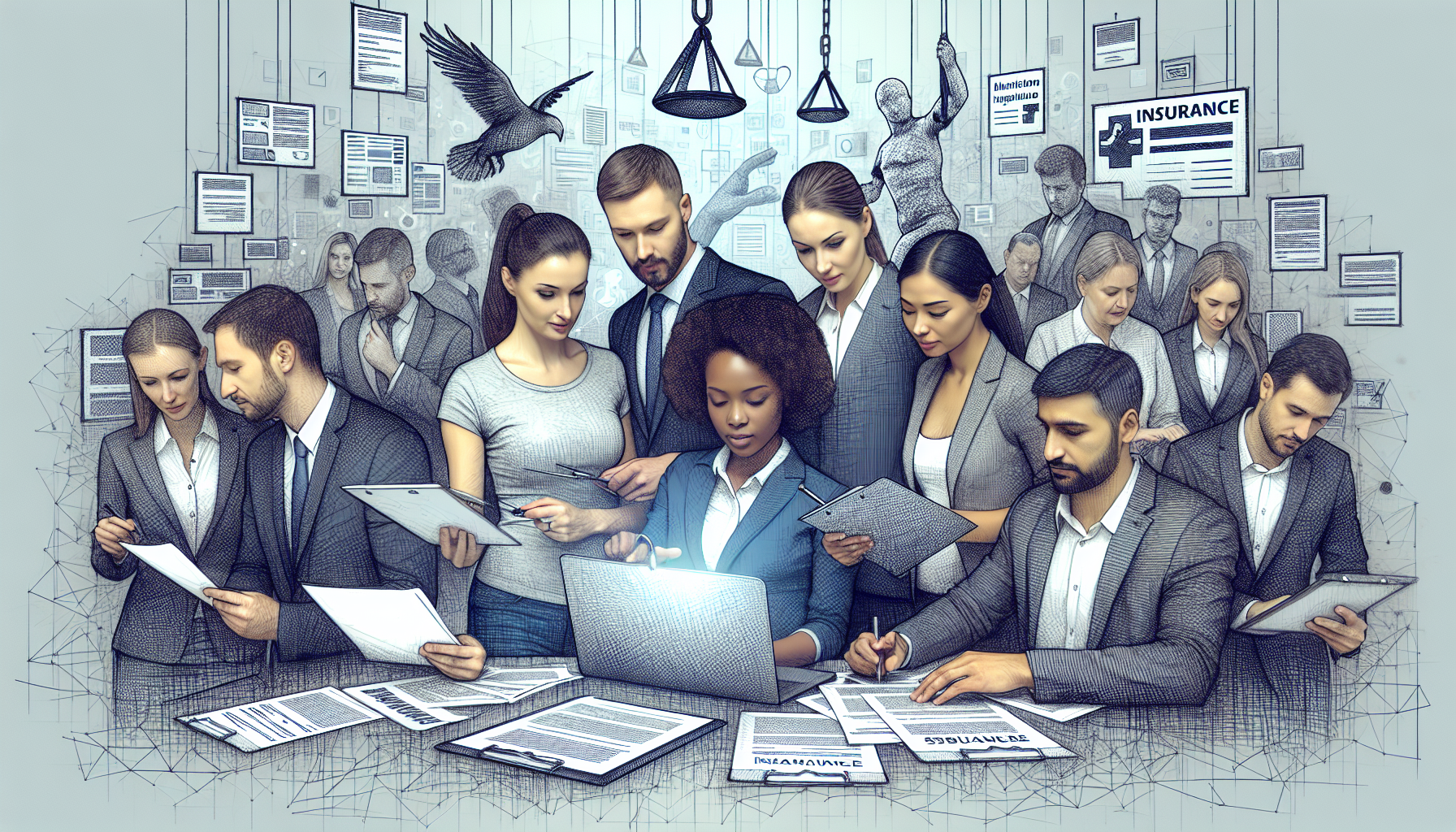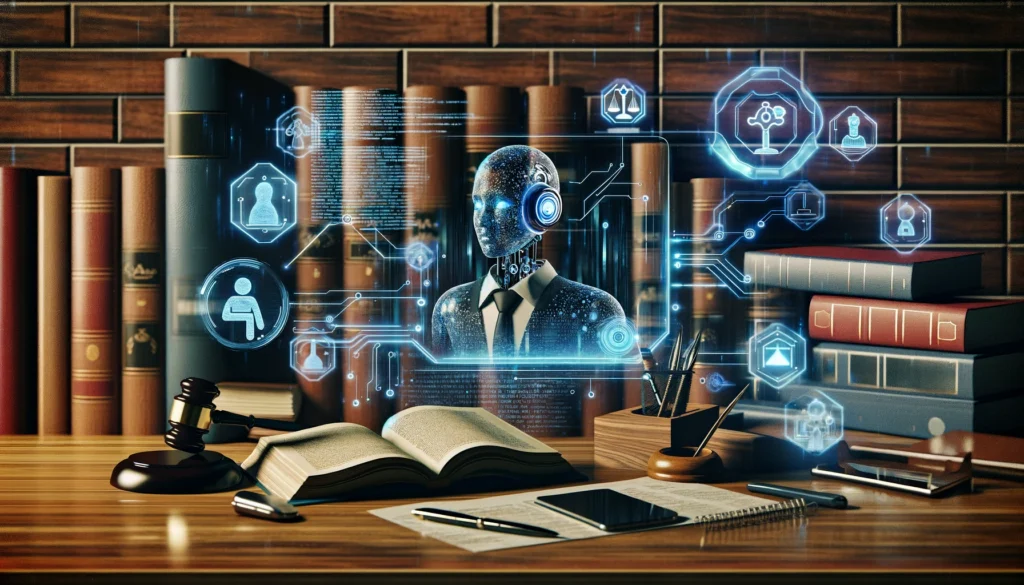
Unveiling the Power of ChatGPT in Estate Planning
The legal field is constantly evolving with advancements in technology. One such transformative innovation is the integration of ChatGPT in estate planning. This AI-powered tool has the capability to revolutionize the way legal professionals draft documents, conduct research, and ensure compliance. ChatGPT’s application in legal work extends beyond traditional automation, offering nuanced solutions for efficiency and precision.
Elevating Efficiency: Preparing for ChatGPT Integration
Before fully embracing ChatGPT in an estate planning practice, it is essential to set up an optimal environment. This includes incorporating the right tools and platforms that support seamless integration. For instance, using robust legal practice management software that synchronizes with ChatGPT can streamline operations.
A paramount concern in the legal industry is data security and confidentiality. Ensuring that client information is protected involves utilizing encrypted communication channels and secure cloud storage solutions. Firms must rigorously evaluate these tools to maintain ethical standards and comply with regulatory requirements.
Prompt Engineering: Crafting the Perfect Request
The art of prompt engineering is critical in harnessing the full potential of ChatGPT. Crafting precise prompts can lead to highly accurate responses that are tailored to specific legal needs. Understanding the dynamics of effective prompt creation, therefore, becomes indispensable.
For example, let’s consider drafting a will. A well-structured prompt could be:
“Draft a simple will for an individual with two children, leaving personal assets equally to both, and appointing a trusted friend as the executor. Include a clause for guardianship of minor children in case of untimely demise.”
The more detailed and clear the prompt, the more precise and useful the response. Exploring different prompt structures can reveal the broad utility of ChatGPT in estate planning tasks.
Automation in Action: Major Estate Planning Documents
Among the most significant applications of ChatGPT is in drafting major estate planning documents. Let’s dive into specific examples:
Drafting Wills and Trusts with ChatGPT
Initial drafts can be generated using highly specific prompts. For instance:
“Create a trust for a client with $1 million in assets, specifying that half should go to charity upon death, and the rest to family members. Include tax considerations and clauses for asset management.”
These initial drafts often need refining, which can also be facilitated by ChatGPT:
“Modify the trust document to include a secondary trustee in case the primary trustee is unable to serve.”
Power of Attorney and Health Directives
ChatGPT excels in generating legally accurate documents with efficiency. By inputting instructions such as:
“Generate a durable power of attorney that grants a spouse the authority to manage financial and legal affairs if the principal becomes incapacitated, including clauses for safeguarding the financial interests of their minor children.”
Ensuring each document meets legal standards is a priority. Legal professionals can use ChatGPT for quick verification:
“Review this health directive to ensure compliance with state laws regarding healthcare proxies and living wills.”
Enhancing Research and Compliance Checks
One of the vital aspects of legal work is staying updated with ever-changing laws. ChatGPT can significantly aid legal research by quickly sifting through large volumes of legal texts and providing summaries and insights.
Moreover, ChatGPT can be used to cross-check documents for compliance, helping lawyers ensure they adhere to the latest regulatory standards. This integration aids in maintaining the integrity and legal soundness of all documents drafted.
Scrutinizing the Work: The Review Process
No AI tool can replace the nuanced judgment of an experienced attorney. Thus, the review process remains critical to catch potential errors and ensure contextual accuracy.
Leveraging tools like Grammarly or legal-specific review software, alongside ChatGPT, can further enhance the review process. Contextual verification involves assessing whether each document aligns with the client’s unique circumstances and intentions.
Future-Proofing Your Practice with Continuous Learning
As AI technologies rapidly evolve, it is crucial to stay informed about updates and advancements. Continuous learning can be achieved through professional development courses, webinars, and hands-on training sessions tailored for integrating AI in legal practice.
Encouraging ongoing skill enhancement among legal teams will ensure that practices remain at the forefront of technological innovation, allowing them to offer state-of-the-art services to their clients.
From Theory to Practice: Integrating ChatGPT Smoothly
To begin integrating ChatGPT, follow a step-by-step guide:
- Identify the specific estate planning tasks you wish to streamline.
- Set up your environment with the required tools and secure platforms.
- Experiment with and refine prompts for various documents.
- Incorporate continuous feedback loops to improve accuracy and efficiency.
Emphasizing collaboration within your practice will foster a smoother transition and empower all team members to leverage ChatGPT effectively.


